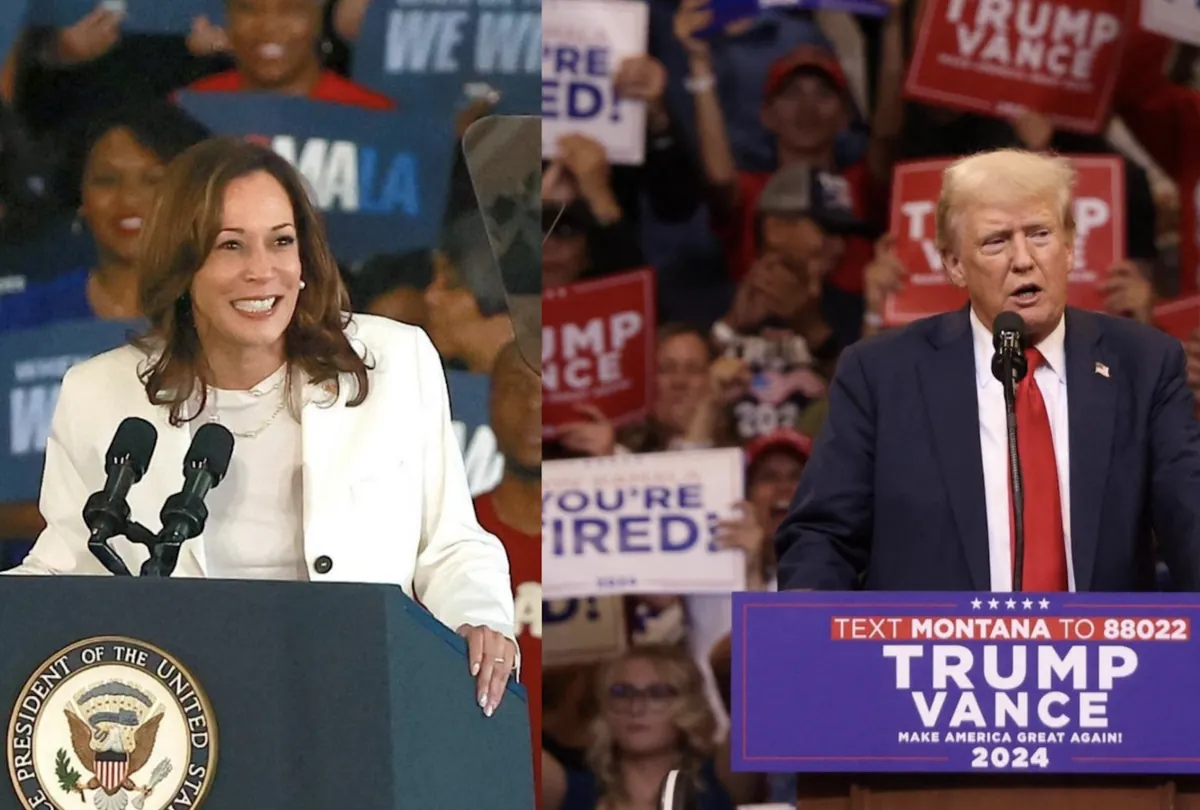Foreign Policy's Role in U.S. Elections: Voter Concerns and Campaign Impacts
Foreign policy influences U.S. presidential race as voters express concerns about global issues. Changes in personnel and strategy highlight ongoing challenges in international relations.

As the U.S. presidential election approaches, foreign policy is playing a significant role in shaping voter opinions and campaign strategies. Recent polls indicate that while economic issues remain paramount, international concerns are increasingly influencing American voters.
A Gallup poll from March 2024 revealed that only one-third of Americans are satisfied with the country's global position. This dissatisfaction is reflected in voters' priorities, with China emerging as the top perceived enemy, followed by Russia and Iran. Interestingly, voters appear more concerned about cyber threats, nuclear proliferation, and terrorism than traditional state-on-state conflicts.
The ongoing conflict in Gaza has had a notable impact on the Democratic campaign. Pro-Palestine protesters have been vocal in their opposition to U.S. support for Israel, particularly in Michigan, a key swing state with the highest Arab American population in the country. This has presented challenges for Vice President Kamala Harris, who has yet to articulate her foreign policy positions since becoming the presumptive Democratic nominee.

"Nationally, the candidates' stances on foreign policy may matter in indirect but significant ways. Their stance on Gaza and Israel in particular will be seen as a measure of both character and competence by constituents who pay attention and turn out to vote."
In government circles, several personnel changes have occurred. Mike Gallagher, former Republican representative from Wisconsin, has joined Palantir Technologies to lead its defense business. Anniken Krutnes, Norway's ambassador to the United States, announced her departure, while Richard Nephew has joined the Washington Institute for Near East Policy.
Lawmakers on Capitol Hill have expressed frustration with the Biden administration's delay in providing a written strategy for Ukraine. This comes as the administration approved new classified nuclear plans in March, revising the Pentagon's deterrence strategy to focus on China's growing arsenal.
Recent events have highlighted ongoing tensions, with Ukrainian forces making a surprise incursion into Russia's Kursk region. In response, Vladimir Putin chaired a video meeting to address the situation in affected Russian regions.
Looking ahead, several significant events are on the horizon. Narendra Modi is set to visit Ukraine, the Pacific Islands Forum will convene in Tonga, and the Summer Paralympic Games are scheduled to begin.
As the election draws near, it's clear that foreign policy will continue to play a crucial role in shaping the political landscape and influencing voter decisions.


































